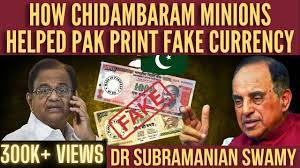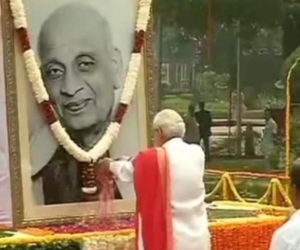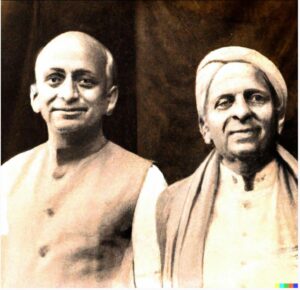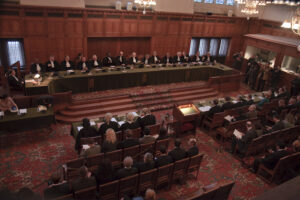
Introduction:
In recent times, a claim has circulated alleging that P. Chidambaram, the former Finance Minister of India, sold currency printing machines to Pakistan. This claim has gained traction in certain circles, leading to speculations and concerns. However, a closer examination of the facts reveals that there is no credible evidence to support this allegation. This article aims to debunk this claim by analyzing the complexities of currency printing and highlighting the stringent security measures in place.
Currency Printing and Security Features:
The process of currency printing involves intricate security measures aimed at deterring counterfeiting. These measures include unique etching plates, specialized inks, numbering systems, and specific grades of security paper. Each country designs its currency with distinct features, making it challenging to counterfeit successfully.
Country-Specific Security Measures:
Both India and Pakistan, like many other countries, utilize similar modular printing machines for currency production. However, the machines alone are not sufficient to replicate or counterfeit currency. The real challenge lies in obtaining the unique etching plates, ink combinations, numbering systems, and security paper specific to each country.
Controlled Access to Currency Design:
The creation of etching plates, which bear intricate designs, requires expertise and knowledge of the specific security features employed by each country. These designs are closely guarded secrets and are stored in high-security vaults under the control of central banks. Only authorized personnel have access to these designs, ensuring their confidentiality and preventing unauthorized reproduction.
Stringent Oversight and Auditing:
Central banks, such as the Reserve Bank of India, meticulously oversee the currency printing process. They conduct regular audits to verify the quality and security of the produced currency. The ink used in currency printing undergoes rigorous testing, ensuring the correct ink combinations and quantities are maintained to prevent counterfeiting.
Inaccessible Blueprints and Materials:
The blueprints required for creating etching plates are considered highly classified information. They are sealed within the vaults of central banks and accessible only to a limited number of officials. Even the highest-ranking government officials do not have access to these blueprints, emphasizing the level of secrecy and control surrounding currency printing.
Complexity of Counterfeiting:
Successfully counterfeiting a country’s currency necessitates in-depth knowledge of the specific security features, ink combinations, numbering systems, and security paper used. Obtaining all these elements accurately requires sophisticated resources and highly specialized expertise. It is highly improbable for such sensitive information to be acquired and replicated for illicit purposes.
De La Rue’s Role:
In the field of currency printing, De La Rue is a renowned British company that has established itself as a global leader. They have worked with various countries, including India and Pakistan, in providing secure currency printing solutions. However, their involvement does not imply the sale of currency printing machines or unauthorized activities.
De La Rue specializes in designing and producing banknotes with advanced security features. They collaborate with central banks to create unique and highly secure banknotes, incorporating sophisticated designs, specialized inks, and other covert elements. Their expertise extends to the production of secure identification documents as well.
The company operates under strict confidentiality agreements, maintaining the integrity of their clients’ currencies. The involvement of De La Rue in serving multiple countries is a standard practice in the industry, adhering to international trade regulations and specific contracts with each client.
Conclusion:
Claims suggesting that P. Chidambaram sold currency printing machines to Pakistan lack credible evidence and should be viewed with skepticism. The complexities involved in currency printing, including unique etching plates, security features, and controlled access to blueprints, make it highly unlikely that the necessary components for counterfeiting could be obtained.
De La Rue’s collaboration with both India and Pakistan, among other countries, is within the scope of legitimate business transactions. They work closely with central banks to enhance the security and integrity of national currencies, incorporating advanced anti-counterfeiting measures.
As responsible individuals, it is crucial to evaluate claims based on verified information and rely on reputable sources. De La Rue’s involvement with both India and Pakistan underscores their dedication to providing secure currency printing solutions, bolstering the integrity of national currencies while working within the confines of established protocols and agreements.




